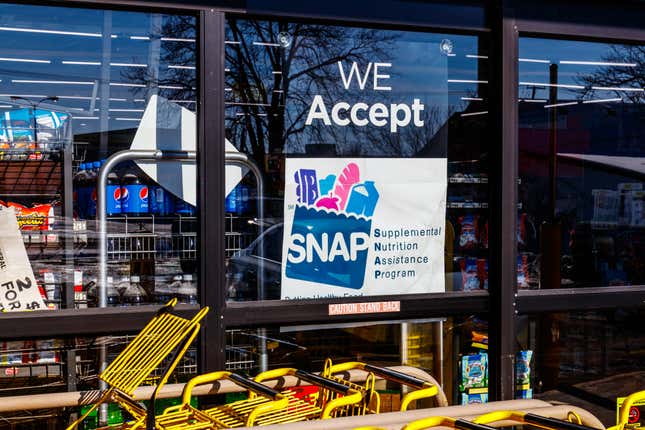
I don’t remember when exactly I first realized there was such a thing as class. I think I might have been 10 or 11, but I’m not certain. But even before I possessed the language to articulate class distinctions, I understood them. I knew where my family existed on that spectrum. I knew what where we lived, what sort of car my parents drove (when they had a car), and what sort of jobs my parents had (when they had jobs) said about our financial status. I knew what it meant to be middle class. I knew both the middle-class neighborhoods and the few middle-class families in our neighborhood. I knew the markers of it. A reliable late-model car (or two). A porch. A yard. A garage, maybe. A pantry, if you were fancy. A savings account. Working doorbells. Blemish-less couches. Efficient air conditioning units in windows instead of fans. Braces.
I knew we weren’t that. And once I learned that those financial demarcations between where and how families lived were called “class,” I read and found exactly what income levels qualified, and I became obsessed with them. “Mom makes 32k a year” I’d think “so if Dad got a job making like 25k, I think the total household income for a family of three would make us middle class.” I created an entire fanfic of what our middle-class lives would be like, complete with annual vacations and matching lawn furniture sets.
Of course, I never thought of us as poor, and my parents shared this sentiment. Despite evictions, despite shut-off notices, despite water bills in my name when I was 13, despite the rapidly deteriorating house on the rapidly deteriorating block we couldn’t move out of, poor just wasn’t a word we were willing to accept. Struggling? Sure. Broke? Definitely. Working-class? Yup. Poor was something different though. It was something crass. Something unmentionable. Something obscene. Something shameful. Something lower.
Many of the financial decisions made then—the cable TV in our living room, the shoes my parents would buy me from Foot Locker instead of Payless, the knockoff Louis bags Mom would take to work—were a reaction to that word and the distance we wished to keep from it. We didn’t need to know more about money. When you have none of it, you become experts about it, because your life is dependent on proper calculations about it. We also knew, as all people who happen to be poor know, how America thinks of people who happen to be poor; how it’s considered to be a moral defect instead of an inevitability of capitalism. How people who have money are considered smarter. Cleaner. Less criminal. More Godly. And those seemingly reckless financial decisions weren’t due to a lack of literacy. They were intentional choices made to help us feel better about where we were, and to enable us to perform a middle-class status that was out of reach.
Even today, 25 years removed from that, remnants of the ecosystem of calculations necessary to survive while poor have stayed with me. I’m still hyper-cognizant of income and class distinctions. I still perform. If I am asked to speak at a place or write for a publication, the fee I command is deconstructed and reassessed (in my head) as an hourly wage. I still, as I articulated in the New York Times last year, have PBSD (Post Brokeness Stress Disorder).
I’m sharing this today because, of the myriad misconceptions of what it is to be poor, the most common is the belief that the main thing keeping people without money is a lack of understanding of how money works. It is also the most violent belief because implied is that if you’re poor, it’s your fault; it’s something you did or didn’t do. It’s God’s punishment for some elusive misdeed. If only you didn’t buy those Js. If only you saved $5 a week. If only you read this book. If only you downloaded that app. If only you didn’t celebrate that birthday. If only you had dinner with Jay-Z.
Of course, this lack of knowledge about the lives of poor people is in part due to the fact that no one listens to them. And the majority of people in positions to craft counter-narratives—your writers and editors at legacy publications, your academics, your authors—have no experience with poverty (with people like Linda Tirado the notable exceptions). Also, you can’t dismiss the power and utility of shame. It’s a monster that sometimes compels people who were poor but are no longer—people like me—to refuse to admit they once lived under the poverty line. And then sometimes the monster does something sneakier: It makes us believe that we’re no longer poor because we’re singular. We’re special. We’re better than the people still there. We made it because we worked harder and smarter than those who didn’t. Concepts like “luck” and “happenstance” and “serendipity” don’t apply.
Anyway, right now, I’m thinking about what the 40-year-old me—who apparently qualifies as upper-middle class—could’ve given the 12-year-old me and my parents to best help them. Tips on how to save? Eh. The phone number of my accountant? Nah. A 401(k)? Whatever. A pamphlet on financial literacy? Fuck you.
The answer is clear. Money.

